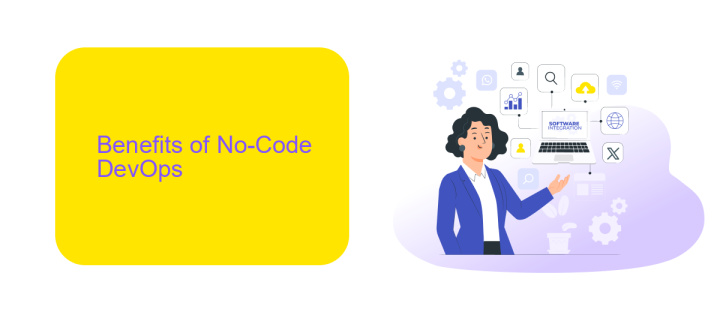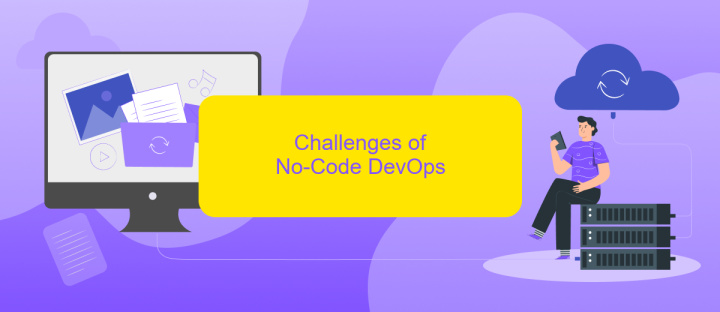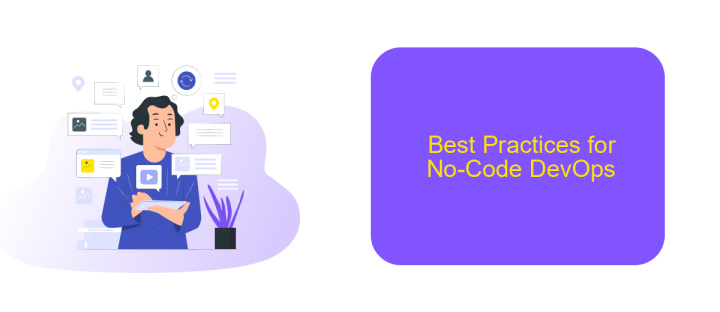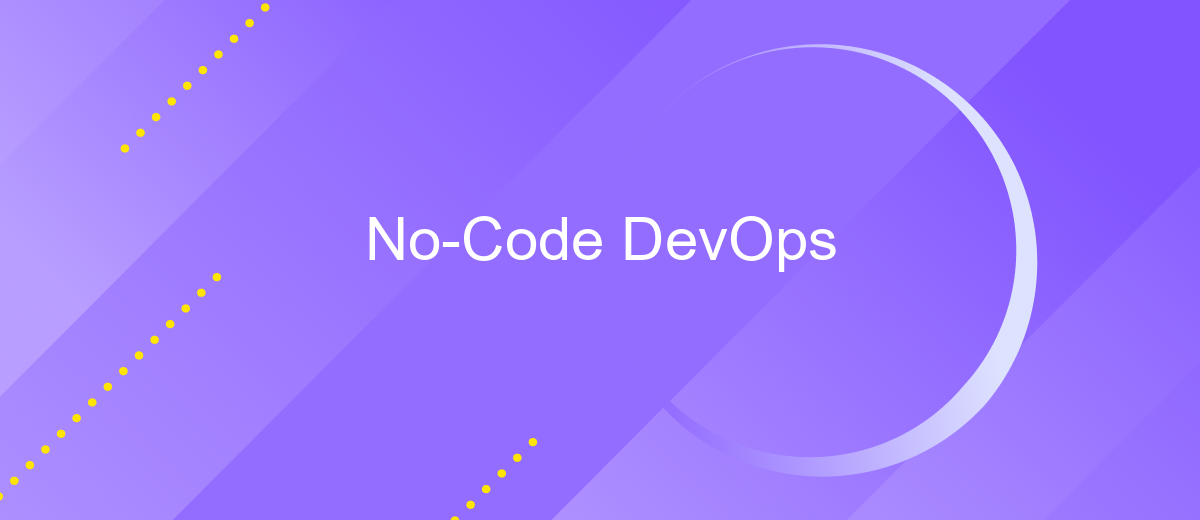No-Code DevOps
No-Code DevOps is revolutionizing the way organizations approach software development and operations. By enabling even non-technical team members to automate workflows and manage deployments, no-code platforms are democratizing DevOps practices. This article explores the benefits, challenges, and key tools in the no-code DevOps landscape, illustrating how businesses can streamline processes, reduce costs, and accelerate time-to-market.
Introduction to No-Code DevOps
No-Code DevOps is revolutionizing the way teams approach software development and operations by eliminating the need for extensive coding knowledge. This approach empowers non-technical users to manage and automate complex workflows, leading to increased efficiency and faster deployment times.
- Streamlined processes without the need for coding skills
- Faster deployment and reduced time to market
- Enhanced collaboration between development and operations teams
One of the key advantages of No-Code DevOps is the ability to integrate various services and tools seamlessly. Platforms like ApiX-Drive enable users to set up integrations quickly and effortlessly without writing a single line of code. This not only simplifies the process but also ensures that all systems work together harmoniously, further enhancing productivity and operational efficiency.
Benefits of No-Code DevOps

No-Code DevOps offers a range of benefits that streamline the development and deployment process. One of the primary advantages is the elimination of complex coding requirements, which allows team members with varying technical skills to contribute effectively. This democratization of DevOps tasks not only speeds up workflows but also reduces the dependency on highly specialized developers, thereby cutting down operational costs and improving overall productivity. Additionally, no-code platforms often come with pre-built templates and automated processes that significantly reduce the chances of human error, ensuring more reliable and consistent outcomes.
Another significant benefit is the ease of integration with various tools and services. For instance, platforms like ApiX-Drive enable seamless connectivity between different applications without the need for intricate coding. This integration capability allows teams to automate data transfers and synchronize workflows effortlessly, further enhancing efficiency. Moreover, the intuitive interfaces of no-code tools make it easier to monitor and manage deployments, providing real-time insights and analytics that help in making informed decisions. As a result, organizations can achieve faster time-to-market and maintain a competitive edge in the rapidly evolving tech landscape.
Challenges of No-Code DevOps

No-Code DevOps offers numerous advantages, but it also presents several challenges that organizations need to address. These challenges can impact the effectiveness and efficiency of DevOps practices.
- Limited Customization: No-code platforms often come with predefined templates and tools, which may not always meet the specific needs of complex projects.
- Scalability Issues: As projects grow, no-code solutions might struggle to handle increased workloads and complex workflows.
- Integration Difficulties: Integrating various tools and services can be challenging. For example, while platforms like ApiX-Drive can simplify integrations, not all no-code solutions offer such seamless connectivity.
- Security Concerns: No-code platforms may not provide the same level of security controls and compliance as traditional coding environments, posing potential risks.
- Dependency on Platform: Relying heavily on a no-code platform can lead to vendor lock-in, making it difficult to switch providers or customize features.
Despite these challenges, organizations can leverage no-code DevOps effectively by carefully selecting platforms that offer robust integration capabilities, such as ApiX-Drive, and by implementing best practices to mitigate risks. Addressing these challenges proactively can help maximize the benefits of no-code DevOps.
Best Practices for No-Code DevOps

No-Code DevOps streamlines development processes, allowing teams to focus on innovation rather than infrastructure. To maximize efficiency, it's essential to follow best practices tailored to no-code environments.
First, ensure that your team is well-versed in the no-code tools you're using. Training and documentation are crucial to minimize errors and maximize productivity. Secondly, automate repetitive tasks to save time and reduce human error.
- Use visual workflows to simplify complex processes.
- Integrate with other tools using platforms like ApiX-Drive to ensure seamless data flow.
- Regularly update and maintain your no-code tools to leverage new features and security patches.
- Monitor and log activities for better transparency and troubleshooting.
Finally, foster a culture of continuous improvement by encouraging feedback and iterative development. This approach not only enhances the overall efficiency but also ensures that your no-code DevOps practices evolve with your team's needs.
- Automate the work of an online store or landing
- Empower through integration
- Don't spend money on programmers and integrators
- Save time by automating routine tasks
Conclusion
No-Code DevOps is revolutionizing the way teams approach software development and operations. By eliminating the need for extensive coding skills, it empowers a broader range of professionals to participate in the DevOps process, thereby accelerating development cycles and improving collaboration. Tools like ApiX-Drive play a crucial role in this ecosystem by simplifying the integration of various services and automating workflows without requiring any coding expertise.
As organizations continue to adopt No-Code DevOps, they can expect increased efficiency, reduced time-to-market, and enhanced agility. The democratization of DevOps practices means that teams can focus more on innovation and less on the technical complexities traditionally associated with software development. Ultimately, No-Code DevOps is not just a trend but a fundamental shift towards more inclusive and efficient software development methodologies.
FAQ
What is No-Code DevOps?
How does No-Code DevOps benefit my organization?
Can I integrate my existing tools with No-Code DevOps platforms?
What kind of tasks can I automate with No-Code DevOps?
Is No-Code DevOps suitable for large-scale enterprise applications?
Do you want to achieve your goals in business, career and life faster and better? Do it with ApiX-Drive – a tool that will remove a significant part of the routine from workflows and free up additional time to achieve your goals. Test the capabilities of Apix-Drive for free – see for yourself the effectiveness of the tool.


